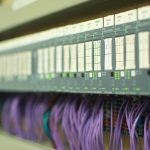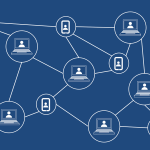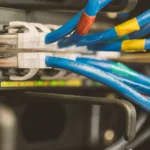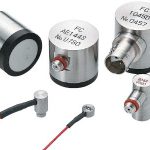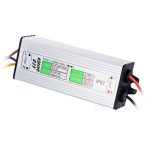
Introduction
The Internet of Things (IoT) is undoubtedly one of the most transformative and revolutionary concepts of the modern era. It represents a paradigm shift we interact with technology and the surrounding world. The IoT revolution has already started to significantly impact various industries with immense potential to shape the future. This article clarifies why the Internet of Things is a revolutionary approach poised to redefine our future.
Key Aspects Defining IoT is Revolutionary Approach for the Future
The IoT’s revolutionary potentials lie in its various critical aspects in multiple scenarios contributing to their significance and revolutionary nature, including:
- Seamless Interconnectivity and Integration
The fundamental aspect of the Internet of Things is the seamless connectivity and integration of devices and systems. IoT enables a multitude of devices, objects, and machines to communicate and exchange data with each other over the Internet. This interconnectivity breaks down barriers between various technologies, allowing them to work together, fostering improved efficiencies and interconnected ecosystems.
- Creation of Smart Homes and Cities
One of the most impactful and prominent applications of IoT is in creating smart homes and cities. IoT facilitates smart and adaptive systems’ development by responding intelligently to environmental changes. IoT devices, such as smart lighting systems and security cameras, enable homeowners to remotely automate and control various aspects of their living spaces. Similarly, in smart cities, IoT infrastructure helps optimise waste disposal and traffic management where autonomous vehicles can navigate traffic and road conditions. These smart and adaptive systems can lead to more sustainable and efficient urban environments.
- Massive Data Collection and Analysis
IoT generates massive data from interconnected devices, creating opportunities for analysis. This data serves as a goldmine of valuable insights that can optimise processes, make informed decisions, and improve overall efficiency. By leveraging advanced analytics and artificial intelligence, businesses and industries can gain a deeper understanding of their operations and customer behaviours, leading to better products and services.
- Industry 4.0 and IoT: Transforming Industries
IoT is reshaping multiple industries and is significant in driving the fourth industrial revolution, known as Industry 4.0. IoT-powered devices have transformed the manufacturing processes and supply chains that monitor and control operations in real-time. Moreover, predictive maintenance, asset tracking, and autonomous robots are revolutionising industries, boosting efficiency and productivity, and reducing operational costs.
- IoT in Healthcare Advancements
IIn the healthcare sector, IoT is revolutionising patient care and medical services. IoT applications in medical equipment, such as fitness trackers and smartwatches, enable individuals to monitor their health continuously. IoT also facilitates remote patient monitoring, allowing medics to keep track of patient’s health conditions outside traditional medical settings.
- IoT in Environmental Sustainability
IoT offers vast potential for enhancing environmental sustainability by optimising resource usage, reducing waste, and enabling better environmental monitoring and conservation efforts. Multiple connected sensors can monitor air and water quality, track deforestation, and monitor wildlife habitats. This data-driven approach empowers policymakers and environmentalists to make well-informed decisions, mitigating ecological damage and promoting sustainable practices.
- IoT’s Potentials in Transportation and Logistics
IoT has transformed the transportation and logistics industries by optimising routes, predicting maintenance needs, improving traffic infrastructure, and supply chain efficiency. Connected autonomous vehicles, shipping containers, and drones enable real-time monitoring, improving road safety and traffic flow and reducing delivery times, fuel consumption, and overall operational costs.
- Enhanced Personal Efficiency and Convenience
With IoT devices seamlessly integrated into our lives, personal efficiency and convenience have reached new heights. From voice-activated virtual assistants to smart appliances and wearable devices, IoT simplifies daily tasks, allowing individuals to focus on more meaningful activities with convenience.
Concluding Remarks
The future of the Internet of Things looks promising, representing a paradigm shift revolutionising how we live and interact with our environment. Its impacts are limitless, from smart homes and cities to healthcare, transportation, and beyond, enhancing efficiency, sustainability, and convenience. As IoT continues to evolve, its revolutionary approach will reshape industries, societies, and the future. Embracing this transformative technology will undoubtedly be crucial for staying at the forefront of progress in the coming years.






